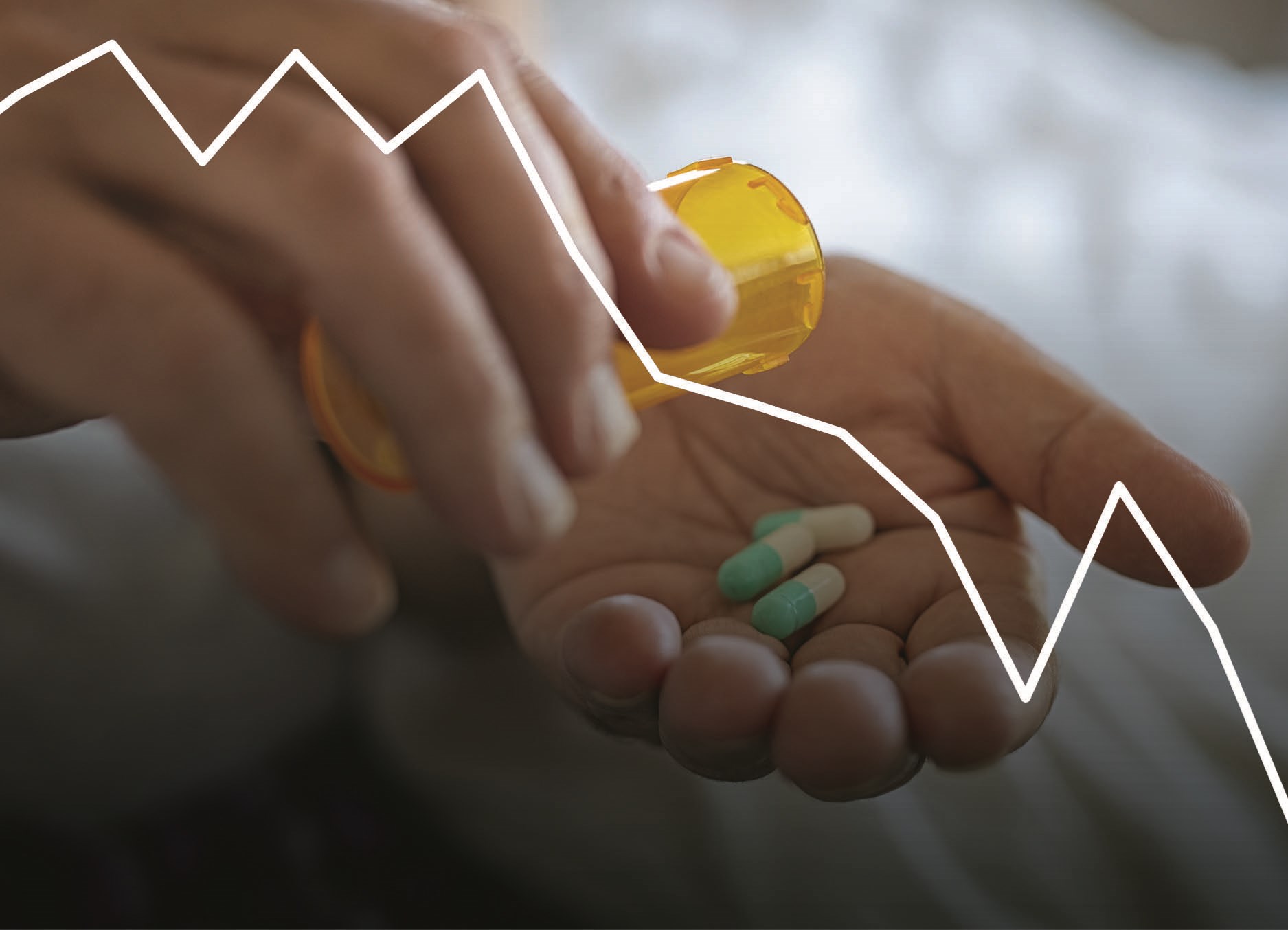Psychology affects the stock market. That much we know – and have known that for a long time. Less is known about the reverse effect – how the stock market affects investors’ mental health. Fairly recent research indicates that that effect is painfully clear: When share prices fall, antidepressant usage rises.
The beauty of antidepressants, in a research perspective, is that they are some of the most prescribed medications in the United States. Quite common, that is, probably too common, but handy when you are looking for statistical significance.

The starting point of this study was the share prices in more or less local companies. It is well known that many investors suffer from so-called home bias – they overinvest in companies that are located in their home country or have some geographical proximity. In this case, an index was created for each state in the US.
Now, obviously, bad times for local businesses could affect people in other ways than through share prices, but this was taken into account in various ways that in my opinion seem reasonable.
These share prices were then related to a data set covering treatments and prescriptions for 13 million Americans across various states.
And this is what they found: A one standard deviation decrease in local stock returns increased local investors’ antidepressant usage by about 0.42 per cent (equivalent to $20 million) in the following weeks. The effect was particularly strong in areas with higher per capita dividend income, a proxy for higher stock ownership.
For the record: Usage was measured through prescriptions. It is of course fully possible that the medication was left untouched in some cupboard.
“When share prices fall, antidepressant usage rises.”
The effect was not symmetrical; usage did not decline when share prices rose. This should not be surprising, though, as most investors suffer from so-called loss aversion: The pain of losing one dollar is much stronger than the satisfaction derived from gaining one dollar.
This makes it all the clearer why so many people struggle to keep calm in a stock market that keeps rising and falling. I’d say that’s a pity – and potentially terribly expensive.
PS. The prize for the best headline goes to an eight-year-old article in the journal Health Policy and Planning. The article looked at the relationship between share prices in Taiwan and mental disorder hospitalisations. The title was: Do stock prices drive people crazy? And the conclusion left no room for doubt: "Stock price fluctuations do drive people crazy."
Sources:
Stock Market Declines and the Psychological Health of Investors, Chang Liu, Maoyong Fan, SSRN, 2022
Do stock prices drive people crazy?, Chung-Liang Lin, Chin-Shyan Chen, Tsai-Ching Liu, Health Policy and Planning, 2015

